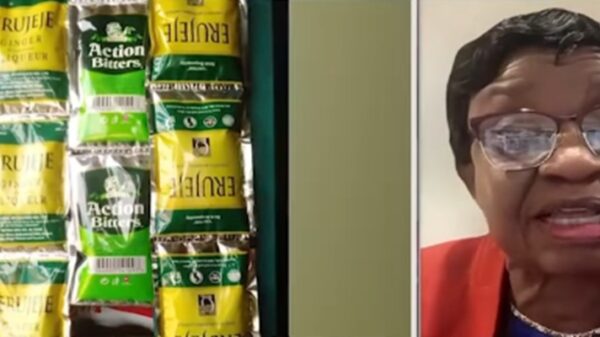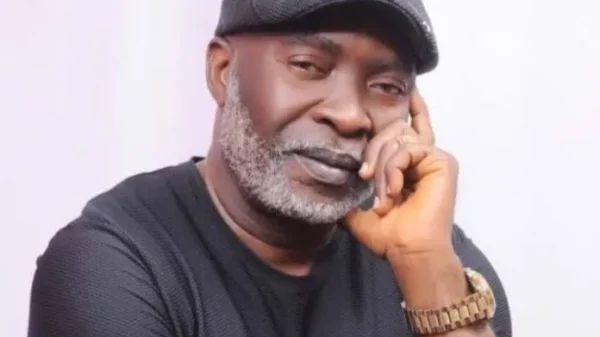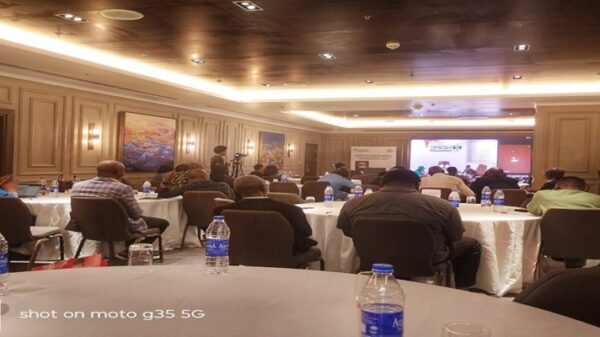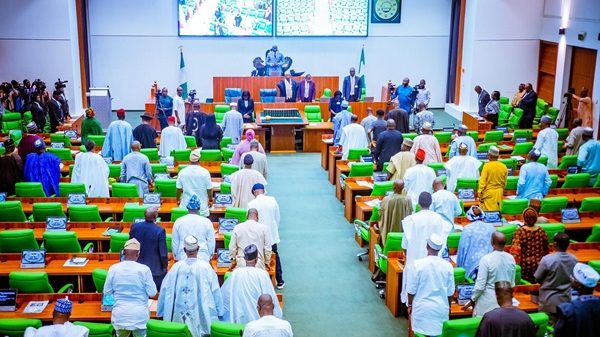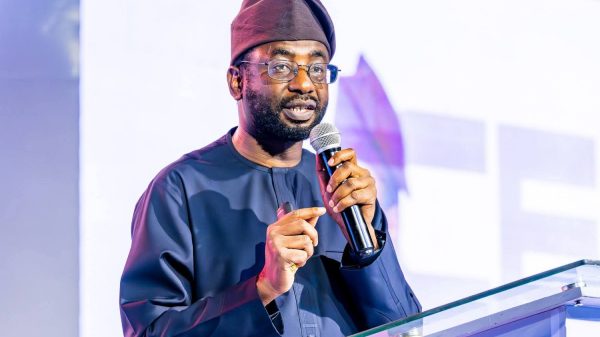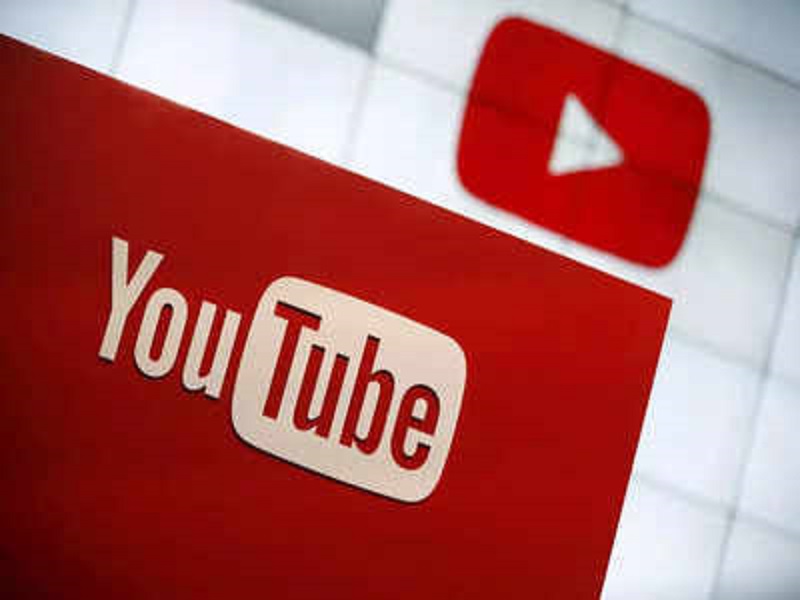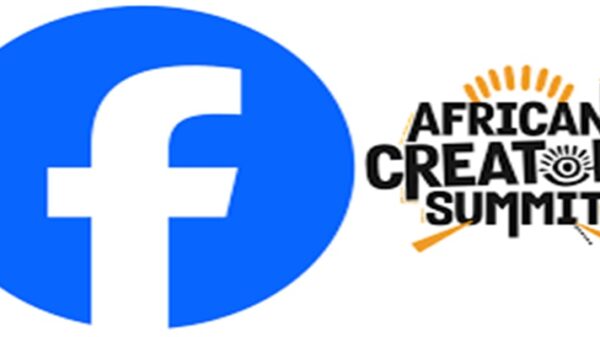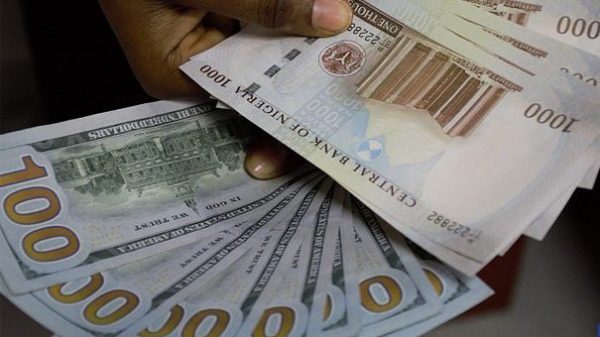YouTube has raised concerns over Australia’s proposed legislation to ban children under the age of 16 from accessing social media platforms, warning that the move, though “well intentioned,” could have unintended consequences and may not enhance online safety for minors.
The caution comes as Prime Minister Anthony Albanese’s government advances a landmark bill expected to take effect by the end of 2025. The legislation would prohibit minors from using platforms such as Facebook, TikTok, Instagram, and YouTube. Companies that violate the law could face penalties of up to AUS$49.5 million (US$32 million).
Speaking before a Senate committee on Monday, YouTube’s local spokeswoman, Rachel Lord, said the proposed ban “will not only be extremely difficult to enforce, it also does not fulfil its promise of making kids safer online.”
Lord acknowledged the government’s intent but argued that excluding children from digital spaces could be counterproductive.
“Well-crafted legislation can be an effective tool to build on industry efforts to keep children and teens safer online,” she said. “But the solution to keeping kids safer online is not stopping them from being online.”
YouTube also challenged its inclusion in the legislation, asserting that it should not be classified as a social media platform.
“We are not a social media service and should be out of scope of this legislation,” Lord added.
While Australia has been at the forefront of global efforts to combat online harm, the proposed law has drawn criticism from digital rights experts and tech companies, who describe it as “vague,” “problematic,” and “rushed.”
Under the current draft, social media companies would not be required to verify the age of every user but must take “reasonable steps” to identify and deactivate underage accounts.
The legislation remains under review as the government faces mounting pressure to strike a balance between child protection, digital inclusion, and enforceability.
![]()

